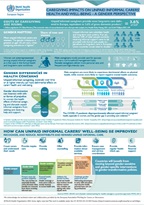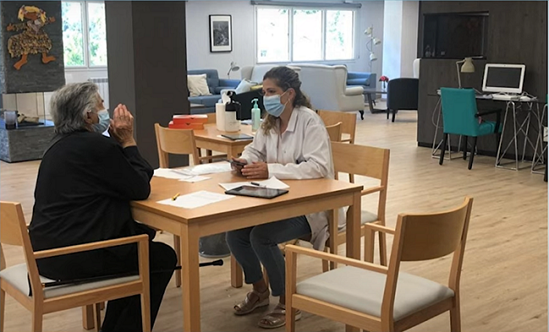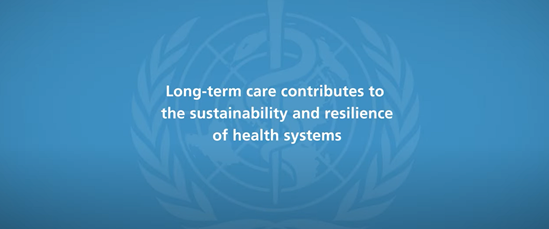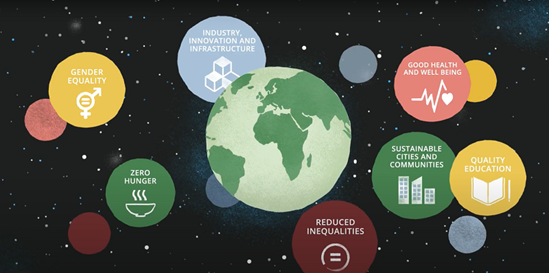Responding to COVID-19 in long-term care facilities
Throughout the WHO European Region, the COVID-19 pandemic has placed enormous pressure on long-term care systems, straining available resources and revealing deep vulnerabilities linked to under-resourcing, fragmentation of care delivery and planning, as well as weak data and monitoring infrastructures.
The pandemic has raised awareness of the segregating and isolating nature of care in institutional settings and of the difficulties in upholding care standards and the rights and dignity of people who receive care in these settings. Particularly worrisome has been the uncontrolled spread of infection and devastating mortality rates in long-term care facilities.
The number of COVID-19 infections and deaths in long-term care facilities has alarmed decision-makers, care providers and communities, increasing awareness about the necessity to invest in the responsiveness and resilience of long-term care systems, including a sustained focus on improving infection prevention and control standards.
The role of WHO includes:
- Developing guidance on infection prevention and control, vaccination, community preparedness, selfcare for wellbeing, and transitioning from acute pandemic response to sustained management of COVID-19
- Supporting policy makers and (national, subnational and local) authorities to prevent and effectively manage the COVID-19 pandemic and its wide-ranging health and societal effects
- Collect and collate data at global and regional level to strengthen surveillance capacity and support decision-makers.
Drawing on scientific evidence, expert consensus and reported country experiences, WHO Europe has published guidance and support tools on the core components for infection prevention and control and on strengthening pandemic responses at national and facility level.










